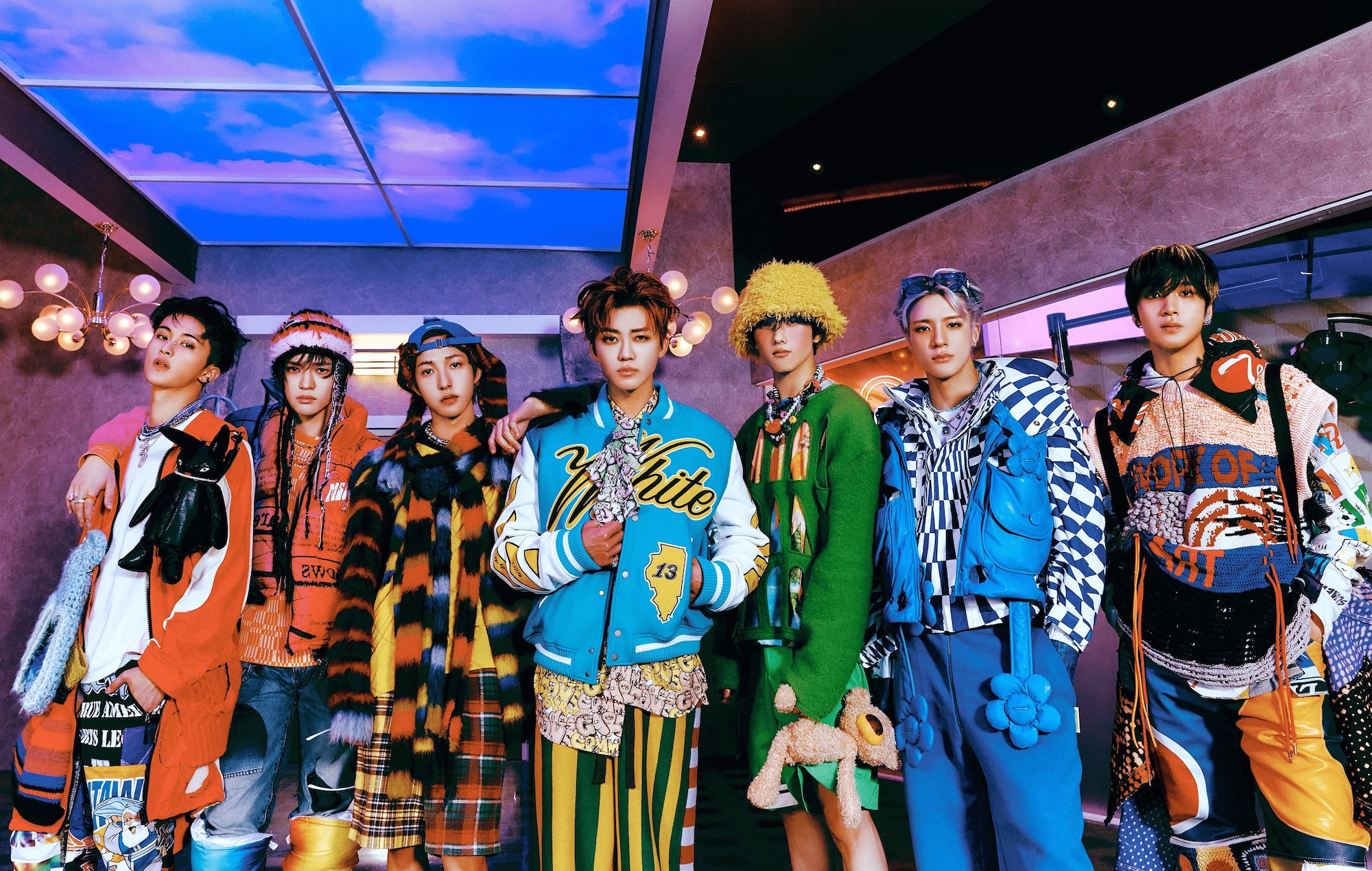
NCT Dream – ‘ISTJ’ review: a tale of star-crossed lovers told through a medley of sounds
Love has a special way of somehow delighting and confounding us, especially when things boil down to matters of compatibility between individuals. The diverse realm of personality types, as popularly delineated by the Myers-Briggs Type Indicator (MBTI), has long captivated those who seek not only self-discovery and understanding but romantic too. One such type, ISTJs, known for their attention to detail and groundedness, becomes NCT Dream’s muse in their latest full-length album of the same name.
The record’s title track and opener, also titled ‘ISTJ’, sets the stage of star-crossed lovers from two opposing worlds. Here, NCT Dream position themselves as ENFPs – the polar opposite of the ISTJ type, which also happen to be the MBTI of their love interest. Here’s where the seven-piece subvert expectations: instead of playing into the stereotypes that typically follow these MBTI associations, they insist on still wanting to get to know their ISTJ muse on a deeper level; they recognise that there is more to a person than four letters and a pre-assigned personality type. It’s what makes ‘ISTJ’ so refreshing lyric-wise.
Even on a production level, the song thrives. It has a certain degree of playfulness casual listeners would already come to expect from an NCT Dream track, driven by the same strong hip-hop and pop influences present in their previous releases. A really interesting aspect to ‘ISTJ’ is a brief tempo change in the bridge that subtly halts the high we’ve been riding on for most of the song – think aespa’s ‘Next Level’ or Stray Kids’ recent comeback ‘S-Class’. But on ‘ISTJ’, the transformation captures your attention without sacrificing the essence of the song.
[embedded content]
The rest of ‘ISTJ is so rife in variety that, from here on out, it becomes a rollercoaster of emotions and experiences we accompany the boyband on. The West Coast hip-hop sounds drawn on ‘Skateboard’ are incredibly palpable, along with sprinkles of UK house, layers upon layers of both these eccentric and nostalgic elements built with intention. Yet, they somehow never threaten to steal the real spotlight of any NCT Dream song: their sheer vocal ability.
‘SOS’ is a similarly dynamic hip-hop track and is a contender for best track on the album based on the sleek and immersive instrumental introduction alone. It immediately settles on this unique groove characterised by a booming bass line, but it’s really the chorus, performed in alluring whisper-raps juxtaposed against harsh beats, that give it the perfect finishing touch. ‘Pretzel (♡)’ has strong roots in hip-hop as well, but leans more towards the electronic synths that give it a futuristic cybernetic edge. Unfortunately, the transitions from rap to vocal verses on this track are, for the lack of a better word, harsh, making for a chaotic listening experience.
R&B is the most present – and deliciously so – in ‘Poison’. The synths form a sultry backdrop for the syrupy vocals and harmonies of NCT Dream’s talented roster of vocalists, whose voices, both apart and together, are the things of dreams. Vocals also take centre stage on the ambitious glam rock-inspired ‘Broken Melodies’. The song ebbs and flows with dramatic drum beats and electric guitar riffs, a notable and memorable departure from the sonic landscape we usually associate with NCT Dream.
The remaining songs on ‘ISTJ’ slow the pace down. ‘Yogurt Shake’ harkens back to the romantic innocence NCT Dream’s brand was first built upon. The song relies heavily on the group’s vocalists and their harmonisations to get that melodic sweetness across. ‘Blue Wave’, on the other hand, is a spirited and upbeat counterpart to 2021’s ‘Dive Into You’. It’s a solid mid-tempo pop entry that really shines when the group’s vocalists are given ample space to shine. Meanwhile, hypnotic acoustic guitar chords of bossa nova define ‘Starry Night’. It evokes vignettes of lovers sitting by a bright, burning campfire by the beach past sunset at first, but things take a turn for the ordinary as trap beats are soon introduced – a left turn for something that started with lots of potential.
[embedded content]
Closing the album is ‘Like We Just Met’, a slow ballad penned by all seven members and co-composed by Mark, Jeno and Jaemin. It is, in usual K-pop fashion, the obligatory fan-dedicated confessional with minimalist instrumentation to its own detriment. It does well in paying homage to their loyal fanbase, considering it is some members’ first time contributing self-written lyrics, but doesn’t provoke much beyond that. For an album as dynamic and fluid as ‘ISTJ’ has been up to this point, ending the album on a cliché slow ballad feels like a slapdash conclusion.
NCT Dream have definitely released albums much more cohesive than ‘ISTJ’ in the past, but this album’s eclectic synergy born of its medley of sounds is its main strength. ‘ISTJ’ puts on display the sheer versatility of the seven-piece’s ability as musicians and their willingness to explore mixtures of genres and structures beyond the mainstream. ‘ISTJ’ is a head-banging surplus of the buoyancy many have come to know and love NCT Dream for, but as Renjun said in the press conference for the release: “I think this is just the beginning.”
Details

- Release date: July 17, 2023
- Record label: SM Entertainment



